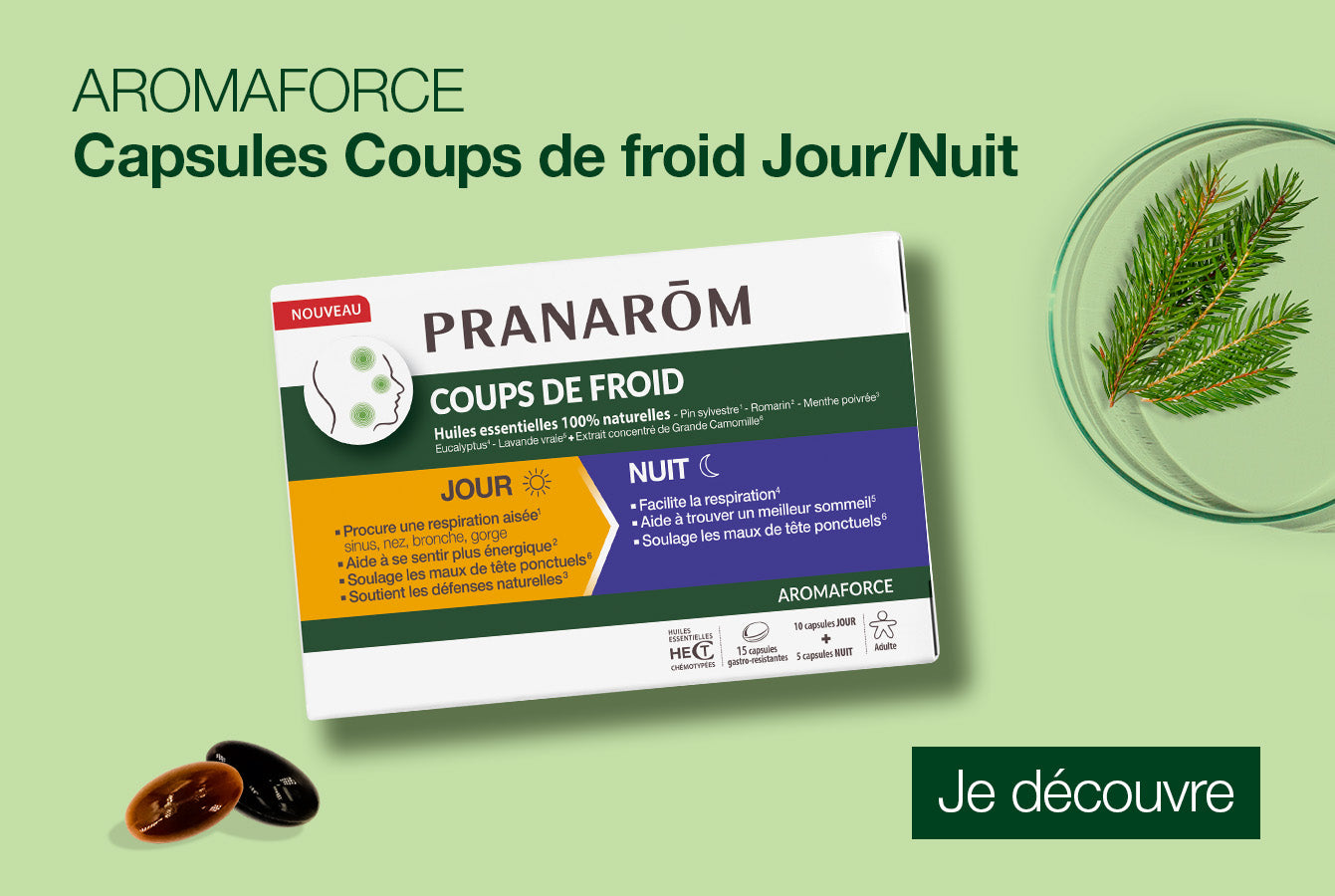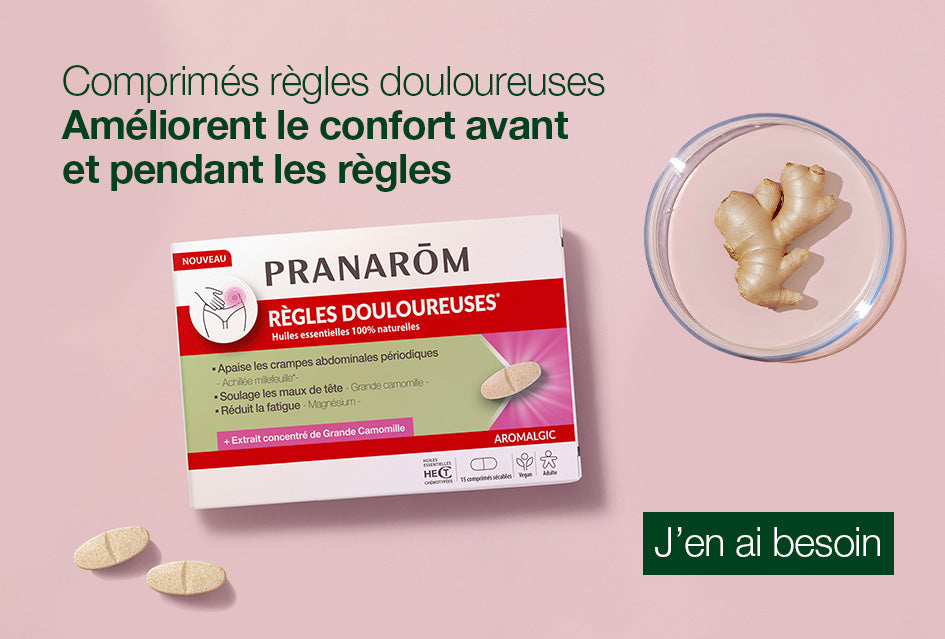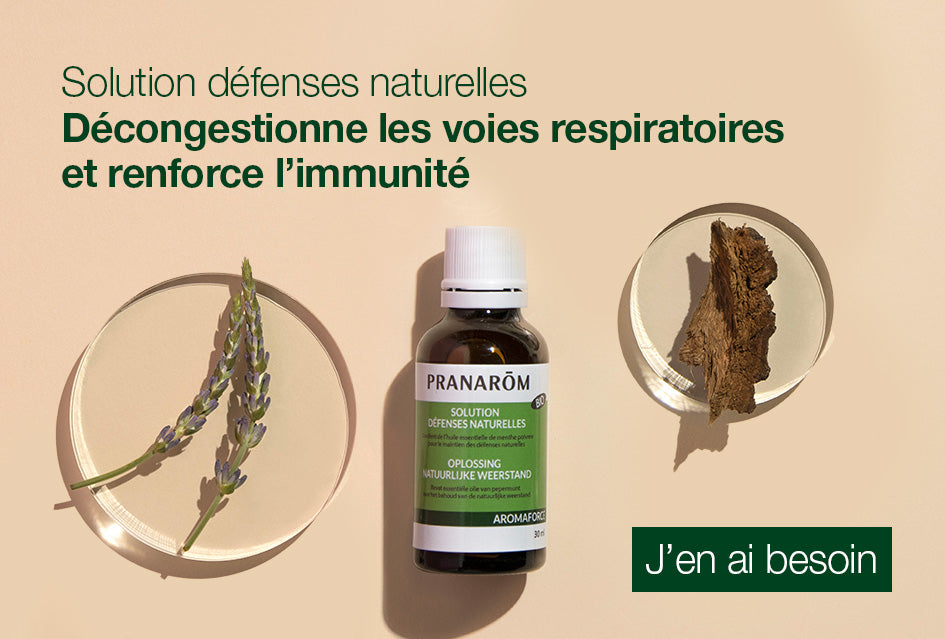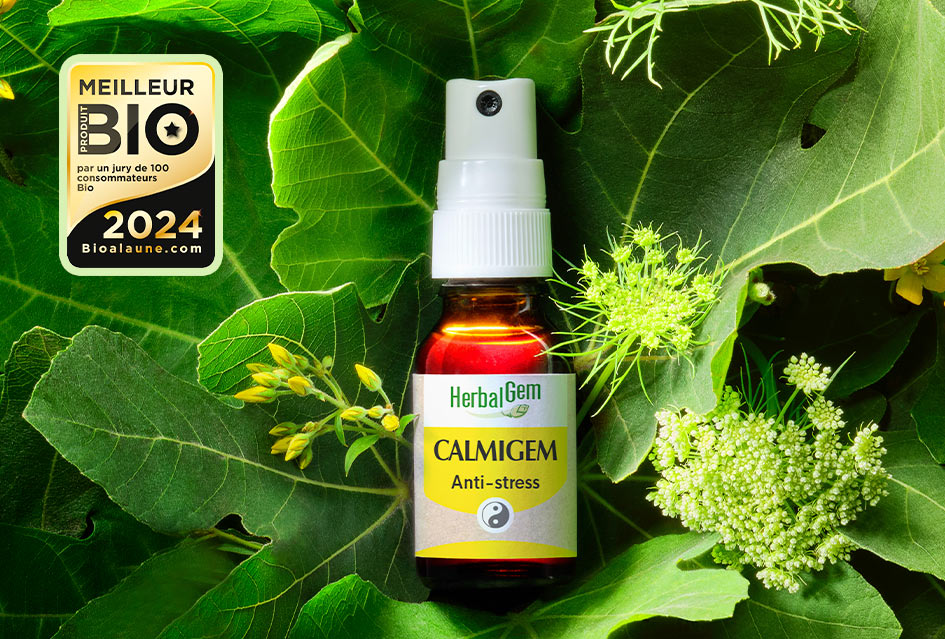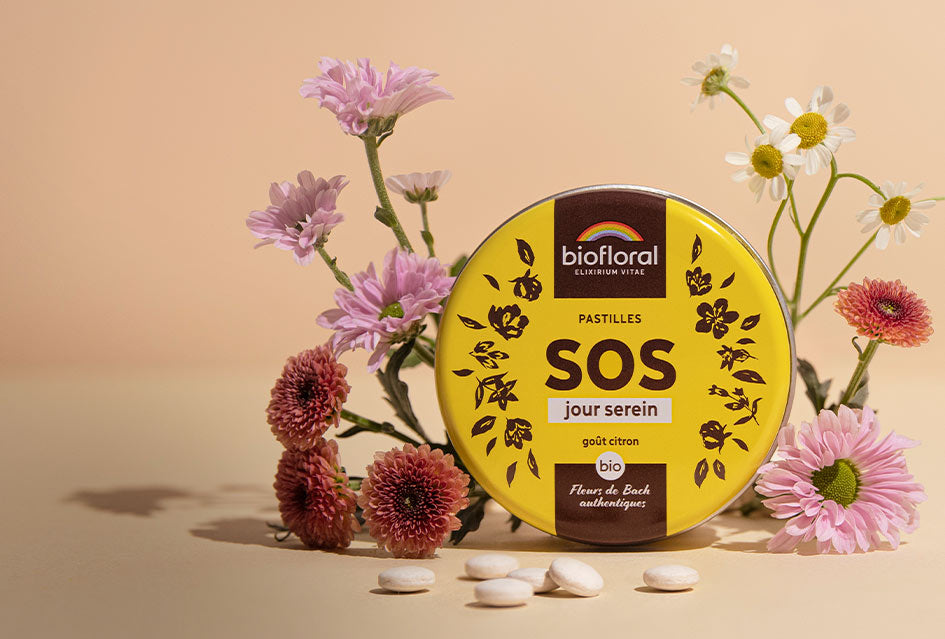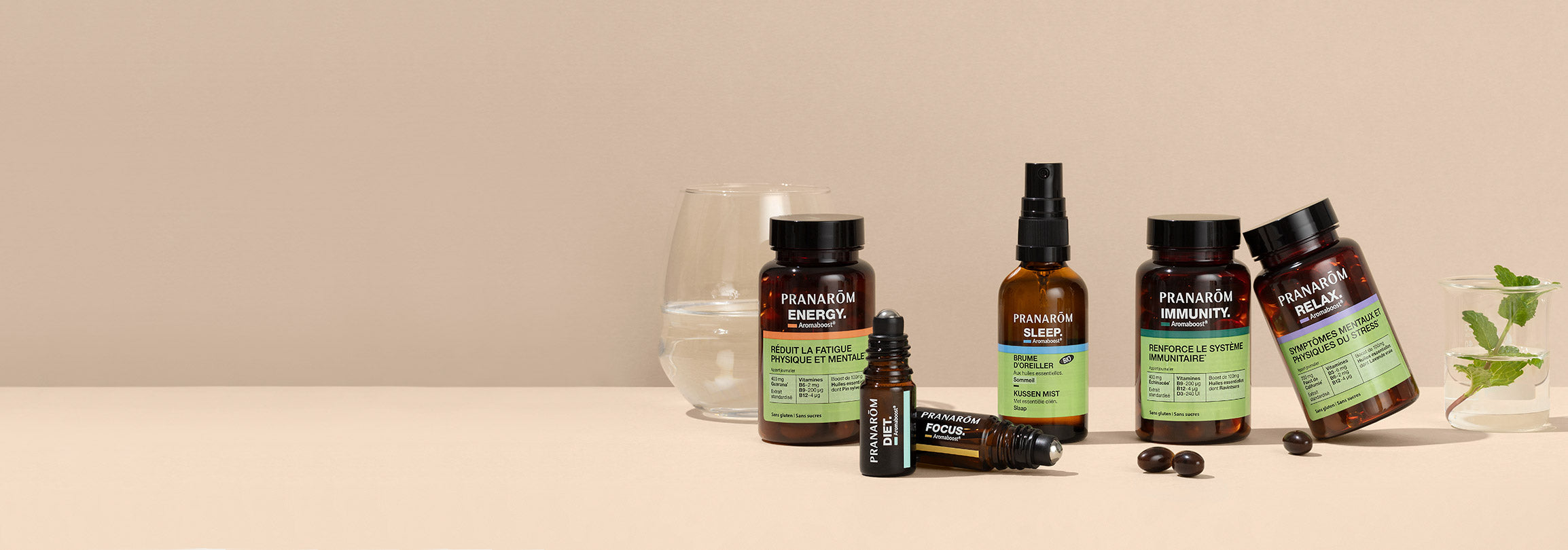Does lavender instantly soothe you? It's not just because it evokes memories of Provence and the lazy days of vacationing in the sun. Studies prove its real effectiveness against stress.
Stress, measurable by saliva!
It's scientifically proven: the body reacts to stress stimuli through measurable biological changes, such as concentrations and variations in salivary enzyme secretory levels, which include a large number of biological markers. This is a boon for researchers who decided to more specifically assess:
- cortisol : steroid hormone secreted by the adrenal glands which promotes gluconeogenesis during stress.
- chromogranin A (CgA): peptide stored in the adrenal glands, now considered a marker of interest in the response to acute stress.
Japanese Study Evaluates Effects of Lavender Essential Oil on Stress
A clinical study, conducted by Masahiro Toda and Kanehisa Morimoto 1 of Osaka University Graduate School of Medicine, sought to evaluate the effect of Lavender Essential Oil on stress based on these endocrine markers of stress (cortisol and chromogranin A 'CgA') in saliva, after exposing people to an arithmetic calculation task.
In practice
30 healthy students (23 men 'M', 7 women 'F') recruited for the study, were randomly divided into two groups: ' aroma group' (n= 16, 13 M and 3 F) and 'control group ' (n= 14, 10 M and 4 F). They were put under stress by having to perform arithmetic operations for 10 minutes ( Uchida-Kraepelin test, already used by psychophysiological studies of mental stress analysis ) . At the end of the test, the students took a 10-minute break, during which the ' aroma group' was subjected to inhalation of lavender EO. Saliva samples were then collected from all volunteers, immediately after the test and within 5 and 10 minutes afterward. Salivary cortisol and CgA levels were assessed by enzyme-linked immunosorbent assays. In parallel, subjective stress was also measured using a visual analogue scale (participants were asked to rate the degree of perceived stress). The data were statistically analyzed and P 0.05 was defined as the significant value.
Results
- In both groups, chromogranin A 'CgA' levels were significantly higher immediately after the test (Fig. 1), which was corroborated by the subjective perception of stress, assessed using a visual analogue scale. - After the 10-minute break following the test, CgA levels were significantly lower in the ' aroma group', while they remained relatively at the same levels in the ' control group ' (Fig. 1). - Analysis of cortisol levels in saliva in both groups, however, revealed no significant variation (Fig. 2), as the increase in cortisol is unlikely to evolve so quickly, as previous studies have shown that the increase in cortisol levels attributable to mental stress occurs much later (steroid hormones are secreted more slowly).


Conclusion
Studies have shown that certain lavender molecules re-enter the bloodstream and may reduce sympathetic nervous system activity. which may partly explain its action. Lavender EO therefore has a proven anti-stress effect, which paves the way for aromatherapy and its clinical utility for the treatment of mental stress. In the meantime, diffuse lavender and always keep a small bottle close to you, to smell when you feel it is necessary. Who says stress prevention can't be enjoyable?
Article produced in collaboration with A. Zhiri, aromatherapy researcher.
References
-Toda, Masahiro, and Kanehisa Morimoto. Effect of lavender aroma on salivary endocrinological stress markers. Archives of oral biology 53.10 (2008): 964-968.
- Hans SELYE, The Stress of Life - The Problem of Adaptation, ed. GALLIMARD, 1975, On http://www.ibbtev.be/?Hans-SELYE-et-le-stress (viewed on 01/09/2016) - Takai, Noriyasu, et al. Effect of psychological stress on salivary cortisol and amylase levels in healthy young adults. Archives of oral biology 49.12 (2004): 963-968. - Miyakawa, Masamitsu, et al. "Salivary chromogranin A as a measure of stress response to noise." Noise and health 8.32 (2006): 108. IN: Current data on salivary hormone analysis." Gröschl, M. "Annals of Clinical Biology. Vol. 67. No. 5. 2009. - Sumiyoshi, Tomiki, et al. "Effect of mental stress on plasma homovanillic acid in healthy human subjects." Neuropsychopharmacology 19.1 (1998): 70-73. - Heuberger, Eva, et al. “Transdermal Absorption of ()-Linalool Induces Autonomic Deactivation but has No Impact on Ratings of Well-Being in Humans.” Neuropsycho-pharmacology 29.10 (2004).


